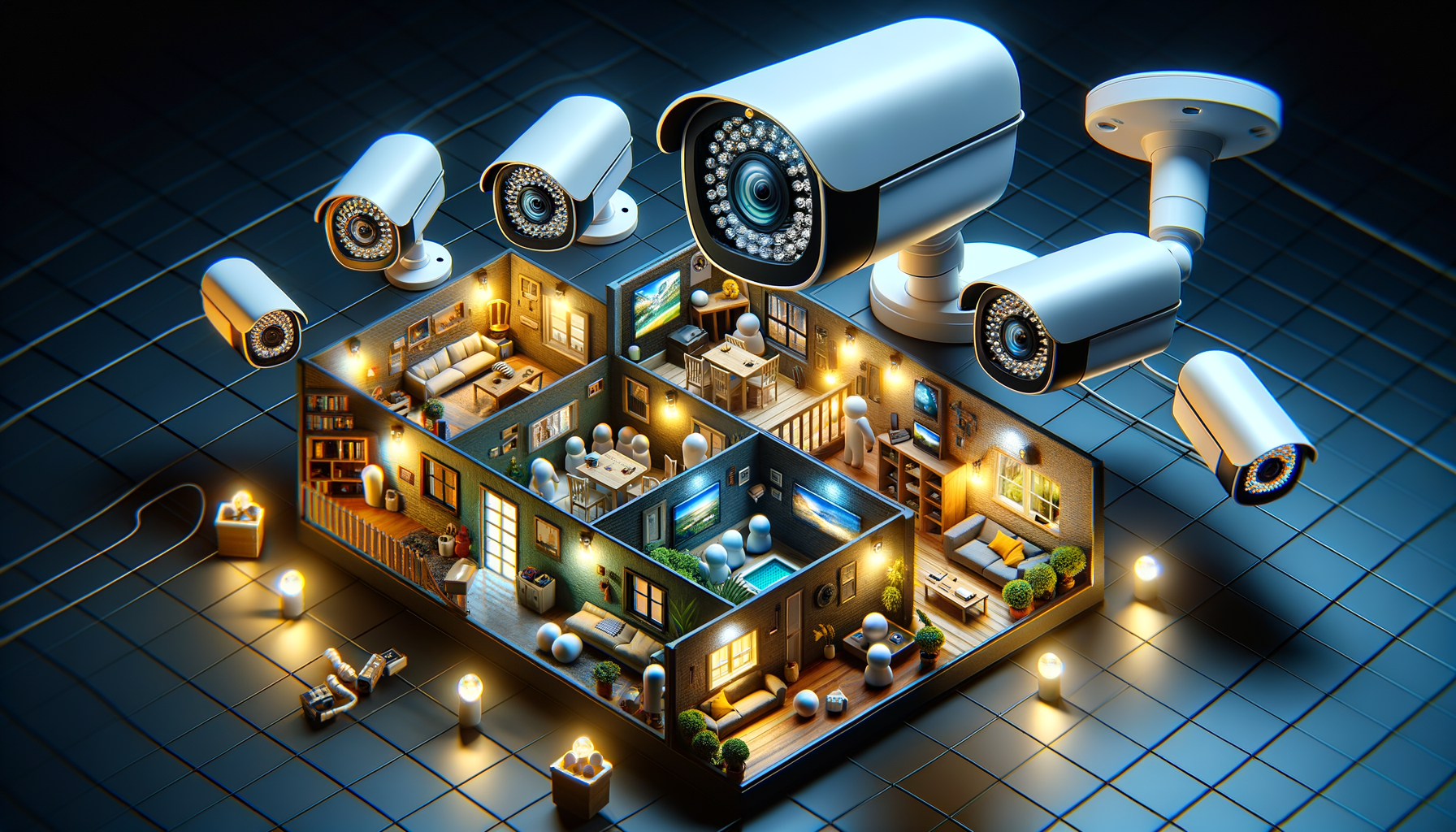Introduction to Industrial Machines
Industrial machines are the backbone of modern manufacturing, providing the necessary tools and equipment to produce goods efficiently and with precision. These machines are integral to various industries, including automotive, aerospace, electronics, and many others. By automating repetitive tasks, they not only enhance productivity but also ensure consistent quality. The evolution of industrial machines has seen a transition from manual operations to highly sophisticated, computer-controlled systems that can perform complex tasks with minimal human intervention. This transformation has been driven by the need for higher efficiency, accuracy, and cost-effectiveness in production processes.
Types of Industrial Machines
There is a wide range of industrial machines, each designed to perform specific tasks. Some of the most common types include:
- CNC Machines: Computer Numerical Control (CNC) machines are used for precise cutting, drilling, and shaping of materials. They are highly versatile and can be programmed to perform a variety of tasks.
- Robotic Arms: These machines are used in assembly lines to perform tasks such as welding, painting, and assembling parts. They are known for their precision and speed.
- 3D Printers: Used for creating prototypes and complex parts, 3D printers have revolutionized manufacturing by allowing rapid prototyping and customization.
- Packaging Machines: These machines are used to package products efficiently, ensuring they are ready for distribution.
Each type of machine serves a unique purpose, and the choice of machine depends on the specific needs of the industry and the tasks to be performed.
The Role of Automation in Industrial Machines
Automation is a key feature of modern industrial machines, allowing them to operate with minimal human intervention. This has several benefits, including:
- Increased Efficiency: Automated machines can operate continuously without breaks, leading to higher output.
- Improved Accuracy: Automation reduces the risk of human error, ensuring that products are manufactured to exact specifications.
- Cost Savings: While the initial investment in automated machines can be high, they often lead to cost savings in the long run due to reduced labor costs and increased efficiency.
Automation also allows for greater flexibility in production, as machines can be quickly reprogrammed to produce different products or parts as needed.
Challenges in Industrial Machine Maintenance
While industrial machines offer numerous benefits, they also present challenges, particularly in terms of maintenance. Regular maintenance is essential to ensure machines operate efficiently and to prevent costly breakdowns. Some common maintenance challenges include:
- Complexity: Modern machines are highly complex, requiring specialized knowledge and skills for maintenance and repairs.
- Cost: Maintenance can be costly, particularly if specialized parts or technicians are required.
- Downtime: Machines must be taken offline for maintenance, which can impact production schedules.
To address these challenges, many companies are investing in predictive maintenance technologies that use data analytics to predict when maintenance is needed, reducing downtime and costs.
Future Trends in Industrial Machines
The future of industrial machines is likely to be shaped by several key trends, including:
- Increased Connectivity: The Internet of Things (IoT) is enabling machines to communicate with each other and with central control systems, improving efficiency and allowing for real-time monitoring and control.
- Artificial Intelligence: AI is being used to enhance machine learning and decision-making, enabling machines to optimize their operations and improve productivity.
- Sustainability: As environmental concerns grow, there is increasing pressure on manufacturers to adopt sustainable practices, including the use of energy-efficient machines and processes.
These trends are likely to drive continued innovation in industrial machines, making them even more efficient, versatile, and environmentally friendly.
Conclusion
Industrial machines are essential to modern manufacturing, offering numerous benefits in terms of efficiency, accuracy, and cost-effectiveness. However, they also present challenges, particularly in terms of maintenance and the need for skilled operators. As technology continues to evolve, industrial machines are likely to become even more sophisticated, with increased connectivity, artificial intelligence, and a focus on sustainability. For businesses, staying abreast of these trends and investing in the right machines will be crucial to maintaining a competitive edge in the marketplace.



Leave a Reply